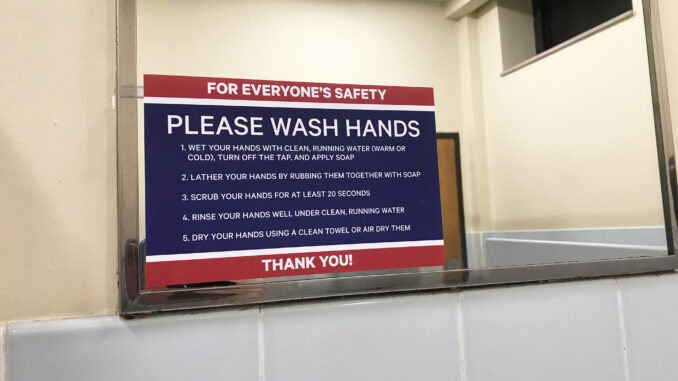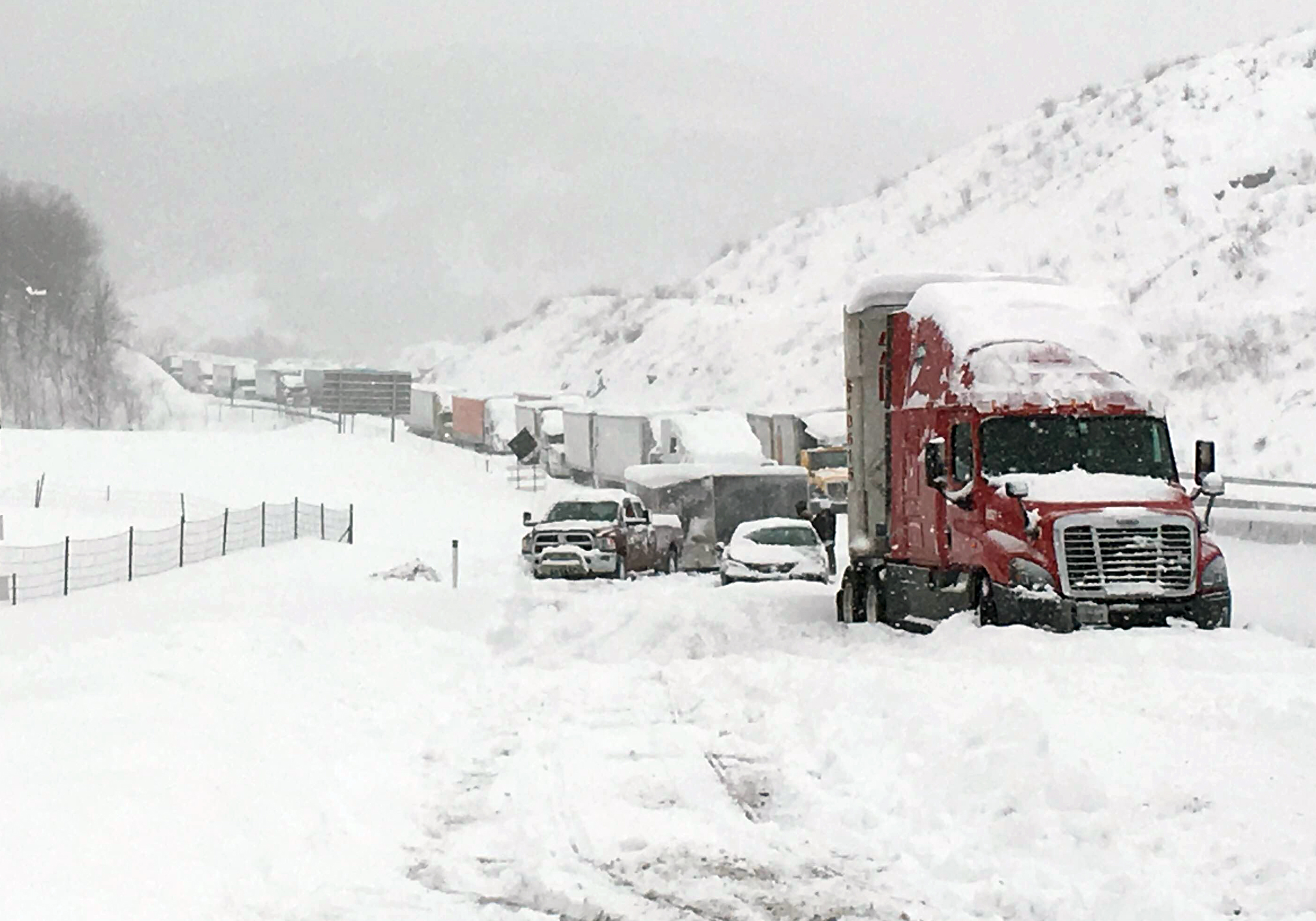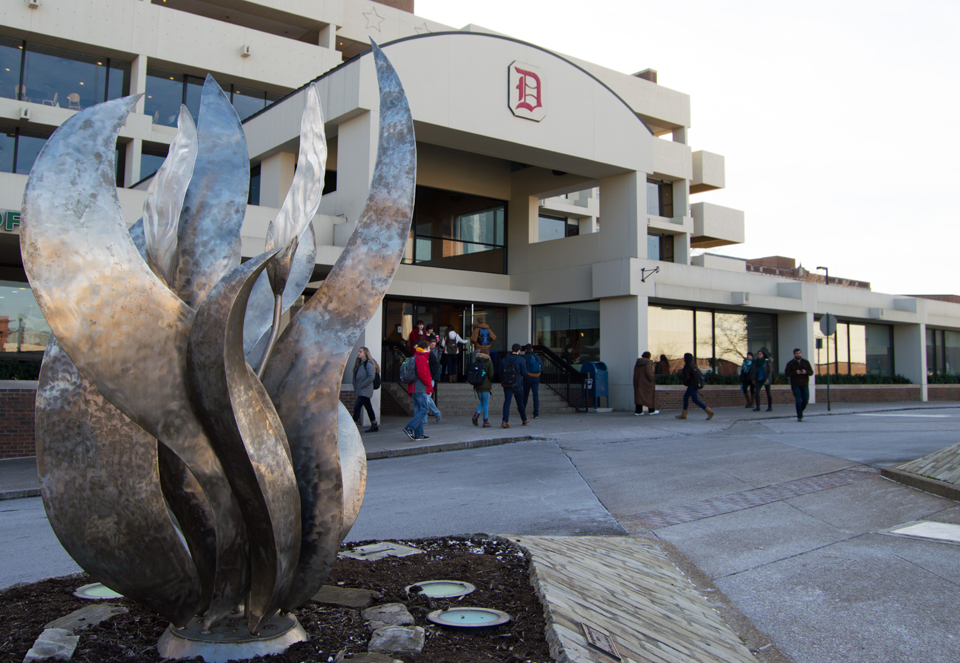
08/27/2020
Alexander Wolfe | Staff Writer
Amidst the deluge of emails from Doug Frizzell and President Ken Gormley informing students of new university restrictions, policies and updates to the ostentatious ‘HyFlex’ plan, one might arrive at the conclusion that the administration is doing everything in its power to keep Duquesne students safe during these difficult times.
We know that preventing the spread of COVID-19 requires a commitment to safety from an entire community, and the Duquesne community is certainly prepared to make that commitment. From those of us who chose to learn remotely, to those who dutifully don their mask and overuse their hand sanitizer, we all hope that every member of the Duquesne community will do what they can to protect themselves and each other.
The Protect Duquesne Pledge asks us to protect ourselves, others and the Duquesne community, but the administration seems more concerned with protecting themselves from liability rather than upholding the very pledge they authored. As the flashy, high-production and somewhat condescendingly-phrased videos in the DU app show, Duquesne seems intent on highlighting the importance of taking the Daily Health Screen.
Upon taking the Health Screen, one will notice that there is no way to submit the questionnaire, placing responsibility wholly in the hands of the students while the administration touts this fruitless attempt at accountability. An effective daily health screen would collect responses from students, allowing the university to collect a daily stream of data on student health and empowering at least the semblance of preventative action.
The aforementioned videos follow this methodology of a hands-off administration. Frizzell asked us to watch all four videos covering the COVID safety policy, and while informative, these videos failed to present new information and even offered students the opportunity to acknowledge their viewing without actually watching.
These semi-performative administrative publications lack any enforcement mechanism. Not to say President Gormley should personally ensure we meticulously adhere to the contents of his messages, but the administration’s lax attitude demands further scrutiny. The content put forth by the university for students to browse is meant less for us, and more for our parents and guardians who are more likely to challenge the university. How many worried mothers and fathers spent hours interpreting the administration’s emails? Mine surely did.
Ironically, the most effective measures Duquesne has taken are the ones that seemingly cost the least: the distribution of masks and sanitizer, the designation of foot-traffic and, as draconian as they are, the consequences for on-campus and off-campus gatherings. Aside from understanding the need to follow public safety guidelines, we also understand that the administration’s actions thus far have been the result of a streak of legal self-preservationism.
It’s no secret that Duquesne is stretched financially. Nevertheless, I feel as if the university has not responsibly allocated what scarce resources it possesses.
While other schools plan to test students every two weeks or send students a test weeks before move-in, the administration requested we begin a 14-day quarantine two weeks before that quarantine was meant to begin.
Ultimately, the students will dictate to the world the success or failure of our campus safety plans. While we should come together as a community now more than ever, I find it irresponsible to ignore the administration’s failure to fully commit to protecting us.
I’m no public-health expert (econ and IR actually), but plainly, the lack of commitment to testing is frightening, and it’s exasperating to watch my tuition be spent on largely performative measures that are likely to have little impact on our safety.




